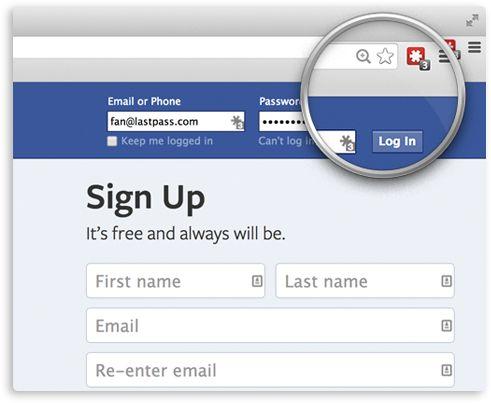
UPDATE: As a work around I've removed the Compliant Device requirement for iOS and it works without issue. To see a list of browsers that support device identification, see Access to the resource requires a compliant device. The user is using a browser that does not support device identification so the device state is unknown. Sign-in log is also void of the Device ID in this specific log, so it's as if after signing in to the phone app that is SSO'd the deny message says they must use Edge or Safari, but the users are using Safari when they get the message. Add LastPass as a trusted source within your security and/or system maintenance settings.Sign-In logs show the user is using a non-compliant device, however the device IS compliant. An anti-virus program, security suite, and/or system maintenance application could be preventing LastPass from being installed or launched.Instructions will vary for each web browser.Įnsure LastPass is allowed in your security or maintenance settings. Temporarily disable all add-ons/extensions/themes and re-enable LastPass.Safari – Go to View > Customize Toolbar then drag and drop the LastPass icon into your toolbar.Ĭonfirm that another add-on/extension/theme is not interfering.Firefox – Click the Menu icon and select Customize, then right-click the LastPass icon and select Add to toolbar, or drag and drop the LastPass icon into your toolbar.


Chrome – Click the Customize Toolbar icon then right-click the LastPass icon and select Show in toolbar, or drag and drop the LastPass icon into your toolbar.Instructions to reveal the hidden extension will vary depending on your web browser, as follows: If you have installed LastPass and confirmed it is enabled, the web browser extension icon may be hidden.Safari – Go to Safari > Preferences > Extensions > Enable.


Reinstall or update the LastPass browser extension.


 0 kommentar(er)
0 kommentar(er)
